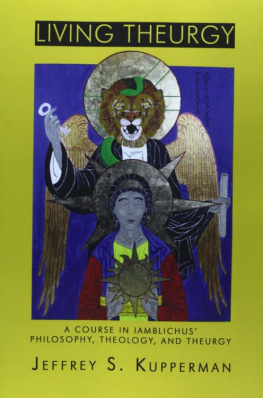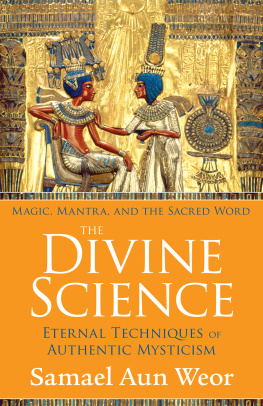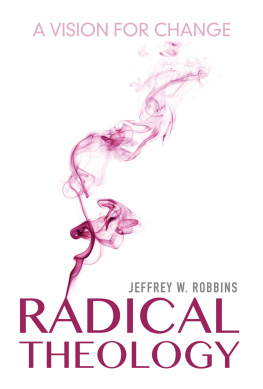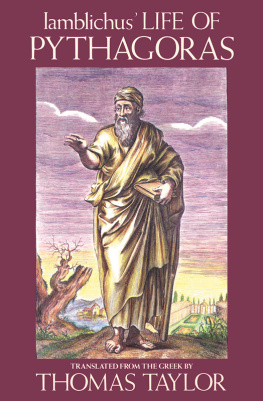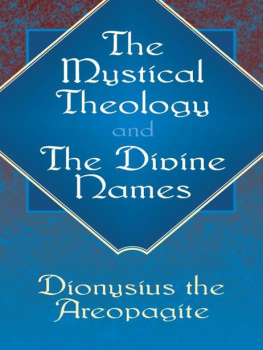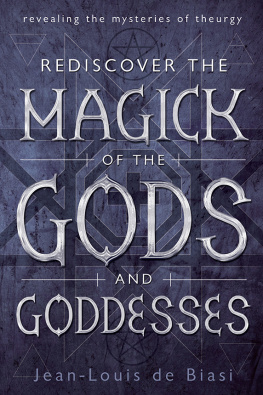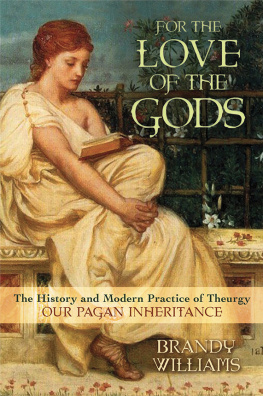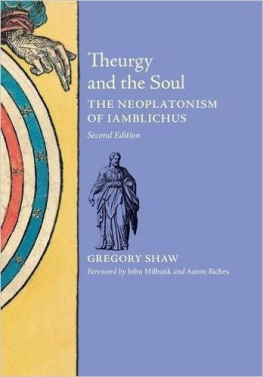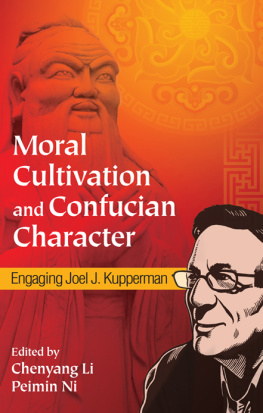.
Living Theurgy: ACourse in Iamblichus Philosophy, Theology, and Theurgy
Copyright 2013 Jeffrey S. Kupperman
All rights reserved.
First Edition, May 2014
This Kindle Edition September 2014
Original cover art and all other illustrations byJeffrey S. Kupperman.
Copyright 2014 Jeffrey S. Kupperman. All rightsreserved.
Design by Satori , for Avalonia.
Published by Avalonia
BM Avalonia
London WC1N 3XX
England, UK
British Library Cataloguing in Publication Data. Acatalogue record for this book is available from the British Library.
All rights reserved. No part of this publication maybe reproduced or utilised in any form or by any means, electronic ormechanical, including photocopying, microfilm, recording, or by any informationstorage and retrieval system, or used in another book, without writtenpermission from the authors.
Tableof Contents
Acknowledgments
To my family:Gretel, Ilyana, and Evelyn. To the Gnostikoi who encouraged me to not stopwriting: Bishop +Shaun McCann, Bishop +William Behun, Bishop +Martin Jacobs,Bishop +Laine Petersen, Monsignor Scott Rassbach, Rev. Tony Silvia, Rev. DonaldDonato, Rev. John DiGilio, Rev. Michael Strojan, and especially MonsignorJordan Straford, who graciously allowed me to steal the name of one of hisbooks. To my other friends who have supported this work with their interest andencouragement: Shilo Orellana, Glenda Shephard, Damon Lycourinos, ChristopherPlaisance, Dean Wilson, Paul Hardacre, Sibylle Leon, Alex Rivera, PerigrinWildoak, Candice Bundy, Stephanie Austin, Al Billings, John Griogair Bell...and an angelic choir of others who simply wont all fit here.
Abbreviations
General Abbreviations
AJ: Apocryphonof John
CO: ChaldeanOracles
ETH: TheEmerald Tablet of Hermes
Jn: Gospelof John
PGM : Papyri Graecae Magicae (Greek Magical Papyri)
Aristotle:
Nich: NichomacheanEthics
Dionysius the Areopagite
CH: CelestialHierarchy
DN: DivineNames
EH: EcclesiasticalHierarchy
MT: MysticalTheology
Ficino, Marsilio
DAm: DeAmore
DV: De vitalibri tres
Iamblichus
DA: De Anima
DM: De Mysteriis
InAlc: In Alcibiadem
InPhaednm: In Phaedonem
InPhileb: In Philebum
In Tim: In Timaeum
In Soph: In Sophistam
L2: Letter Two To Anatolius , On Justice
L3: Letter Three To Arete, On Self-Control
L4: Letter Four To Asphalius , On Wisdom
L5: Letter Five To Dexippus, On Dialectic
L8: Letter Six To Dyscolius , On Ruling (?)
L8: LetterEight To Macedonius, On Fate
L10: Letter Ten To Olympius , On Courage
L12: LetterTwelve To Sopater , On Fate
L16: LetterSixteen To Sopater , On Virtue
L19: LetterNineteen To an Unknown Recipient, On Marriage
Theo Arith: OnEthical and Theological Arithmetic
Plotinus
Enn: TheEnneads
Plato
Crat: Cratylus
GHip: GreaterHippias
Gorg: Gorgias
Parm: Parmenides
Phaedr: Phaedrus
Phil: Philebus
Rep: Republic
Soph: Sophist
Symp: Symposium
Theat: Theaetetus
Tim: Timaeus
Porphyry
DAb: DeAbstinentia
Proclus
ET: Elementsof Theology
Sallustius
CGU:Concerning the Gods and the Universe
Chapter One
Introduction
This book is about a way of life. This wayis founded on the principles of something called Neoplatonism. The worddescribes a number of schools of Platonic thought, beginning with the EgyptianPlatonist Plotinus . The word Neoplatonism is neverused by the Platonists who develop the philosophies and theologies now describedas such. Until the 18th century these philosophers are simply known asPlatonists, which is how they think of themselves. The Neoplatonists, or latePlatonists, do not see their interpretations of Plato and Aristotle as new. To them, Neoplatonismis simply Platonism, six centuries after Plato.
That Platonism changes during this time isnot surprising and, given the mythology surrounding Socrates and Plato , neither are the ways in which ithas done so. There are, of course, innovations. There is likely as much newthought in Neoplatonism as there are traditional Platonic ideas. This does notchange the fact that through the Renaissance, a person reading Plotinus assumes he is simply a non-political, and possibly somewhat moreaccessible, version of Plato.
The Neoplatonists make good use of thePlatonic corpus. They also draw on elements outside of Platonism. The first ofthese is the works of Aristotle . Typically, Aristotle is seen as an enemy of Platonism, stressingempiricism over pure reason. The Neoplatonists, beginning with Plotinus and exemplified by Iamblichus , see Aristotle differently. Yes, they criticize him when theybelieve he is wrong, but they also incorporate some of his ideas andterminology into their philosophies.
All this gives rise to heavily synthetic,mystical, religious, and esoteric forms of Platonism. The importance of theurgyin the lives of the late Platonists cannot be undervalued. Philosophy ispurifying, religion illuminating, but theurgy is uplifting. Together theseobservances enable the practitioner to rise above their mortal life toparticipate in immortal life. For Iamblichus and Proclus and Ficino , it is inappropriate to consider them simply philosophers or simplytheurgists. These two elements are so interwoven as to lose distinction. Oneelement can no more be removed from the other while keeping either intact thana person can survive without their heart or a heart can survive without itsperson. This is living theurgy.
The theurgic practices of Neoplatonism area kind of ritual mysticism not quite what we normally think about when we thinkabout mysticism. It is not a series of peak experiences upon which we focusfor the totality of our spirituality. It is not, as Professor E. R. Dodds once said of the famous theurgic text De Mysteriis , a manifesto of irrationalism. Instead, theurgy is a way of life fully complementary to philosophy andreligion.
On Words and Ideas
There are a number of ideas basic toPlatonic thought. Some of them are discussed in depth in the pages of thisbook. Some are not. Two such basic concepts are discursive reasoning and thedialectic. Discursive reasoning, dianoia, is the primary wayPlatonists engage in non-intuitive thought. And not just Platonists, this ishow humans think. Discursive reasoning engages in the comparison of things tobetter understand them and achieve knowledge. Such knowledge is as objective aspossible, based on the faculties of reason and intellect, but is still,ultimately, subjective. This is because in discursive reasoning there is alwaysa difference between the object of thought and the thinker. I do not ultimatelyknow the subject of my enquiry; I only know what I think about it. Such adistinction is obliterated in intuitive knowledge,

